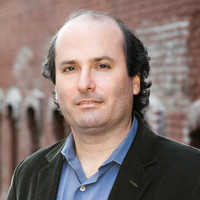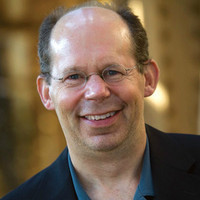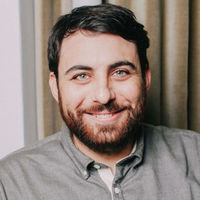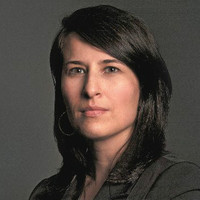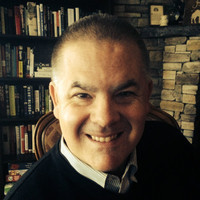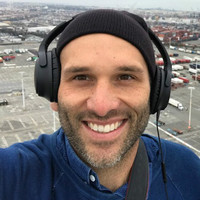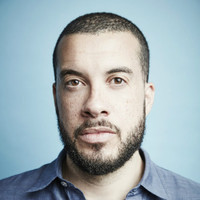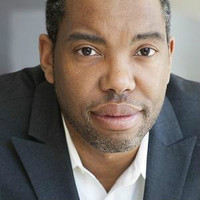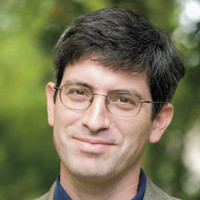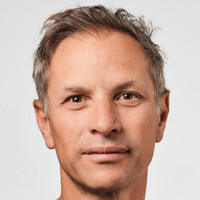Nick Bilton is a special correspondent for Vanity Fair and the author of American Kingpin: The Epic Hunt for the Criminal Mastermind Behind the Silk Road.
“I’ve been covering tech for a long, long time. And the thing I’ve always tried to do is cover the people of the tech culture, not the tech itself. … I've always been interested in the good and bad side of technology. A lot of times the problem in Silicon Valley is that people come up with a good idea that’s supposed to do a good thing—you know, to change the world and make it a better place. And it ends up inevitably having a recourse that they don’t imagine.”
Thanks to MailChimp, Viacom, and Audible for sponsoring this week's episode.



